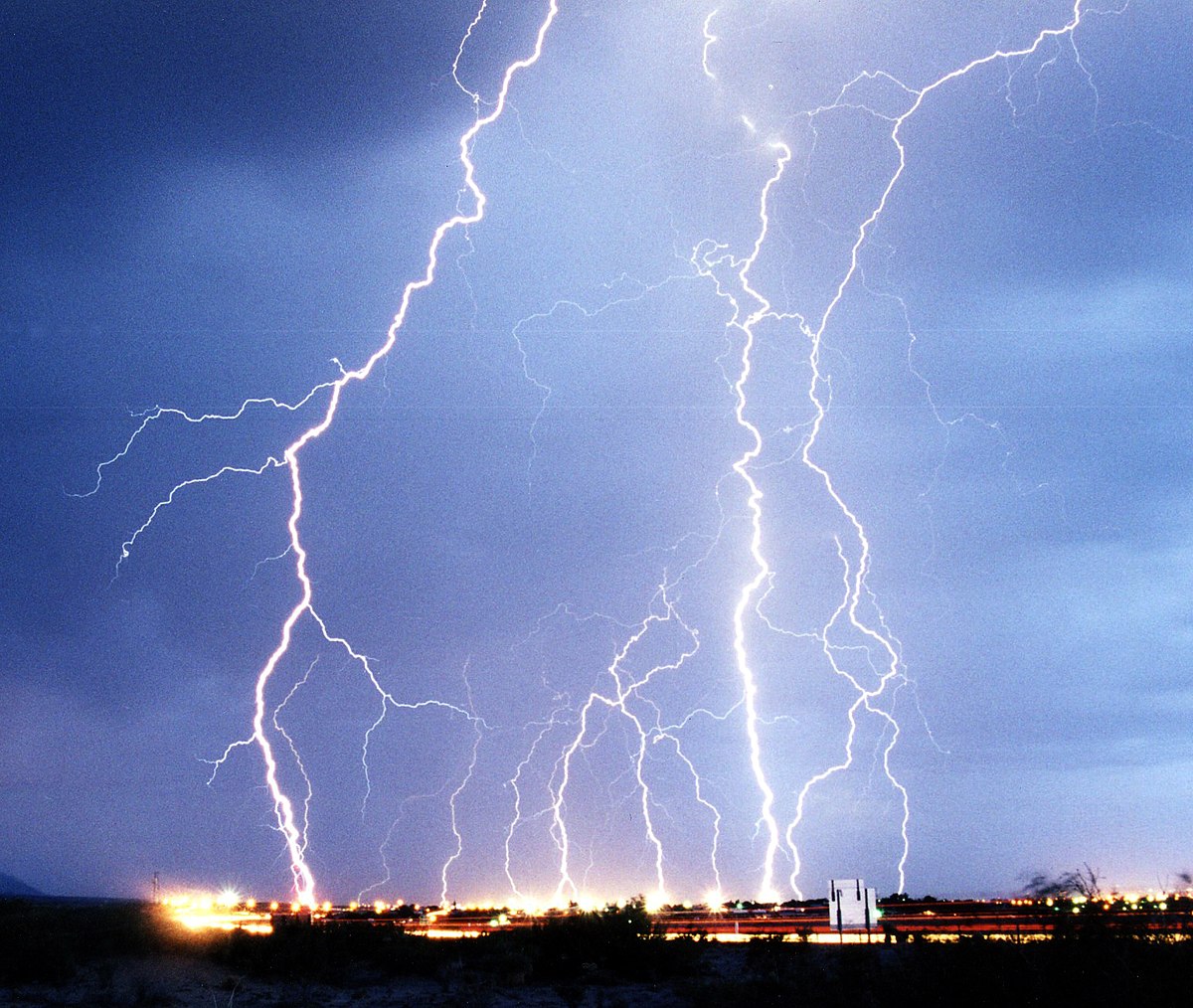That depends on who's normal we're talking about ... the everyday religious, yes, but not entirely.It is totally different from the normal concept of God.
Rig Veda 10, 129 begins:
1. THEN was not non−existent nor existent: there was no realm of air, no sky beyond it.
What covered in, and where? and what gave shelter? Was water there, unfathomed depth of water?
2. Death was not then, nor was there aught immortal: no sign was there, the day's and night's divider.
That One Thing, breathless, breathed by its own nature: apart from it was nothing whatsoever.
That would be identified as 'God' by the Fathers of the Church, and generally by apophatic Christianity.
Notably Eriugena's Four Divisions of Nature:
1 That which is not caused and causes;
2 That which is caused and causes;
3 That which is caused and does not cause;
4 That which is not caused and does not cause.
(1 and 4 are identified with God as the Beginning and End of all things. 2 and 3 are contingent natures and cause-and-effect.)
3. There was darkness covered by darkness in the beginning,
all this (world) was undistinguishable water; that empty united (world) which was covered by a mere nothing,
was produced through the power of austerity.
4. In the beginning there was desire,
which was the first seed of mind; (Wilson translation)
3. At first there was only darkness wrapped in darkness.
All this was only unillumined water.
That One which came to be, enclosed in nothing,
arose at last, born of the power of heat.
4. In the beginning desire descended on it -
that was the primal seed, born of the mind. (Sanskritdocuments.org)
This reads very much in line with Christian theological opinion ... I'm pretty sure that the other Abrahamics would agree.
+++
The material view treats such ideas as 'darkness', 'void' and so forth as inchoate energy, from which matter emerges, whereas the theist would regard energy as itself simply refined or formless matter, that is as contingent and created, as belonging to the 'existent'.





